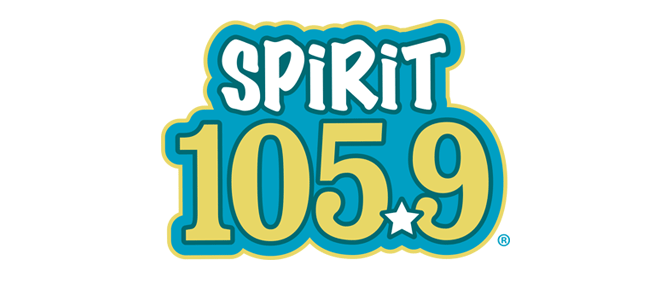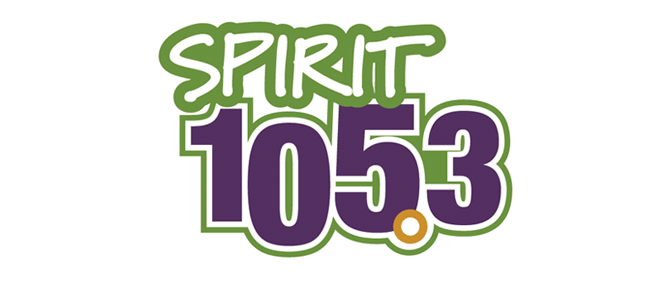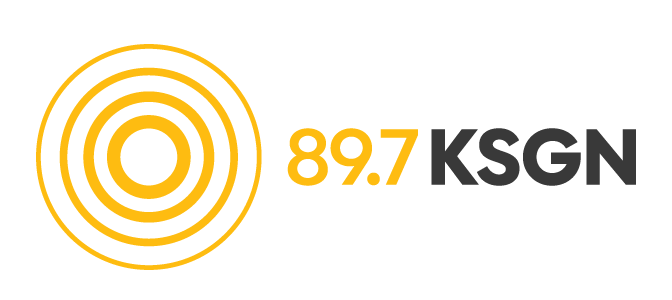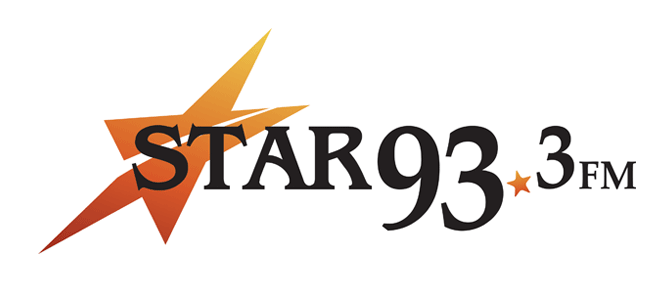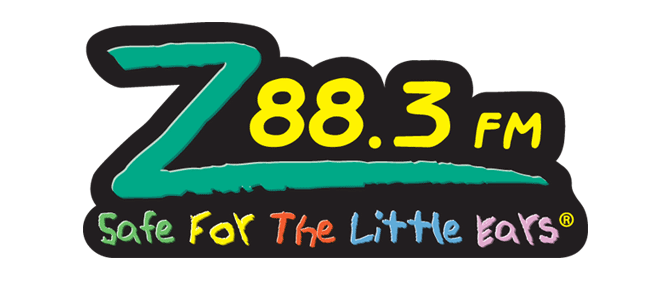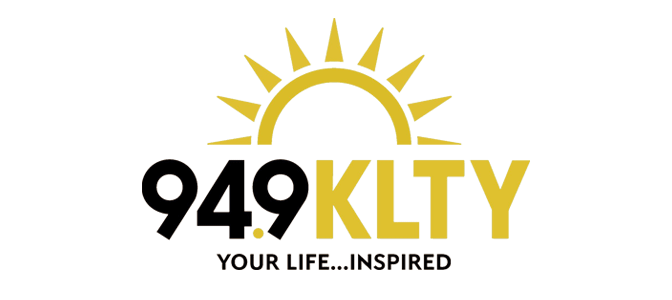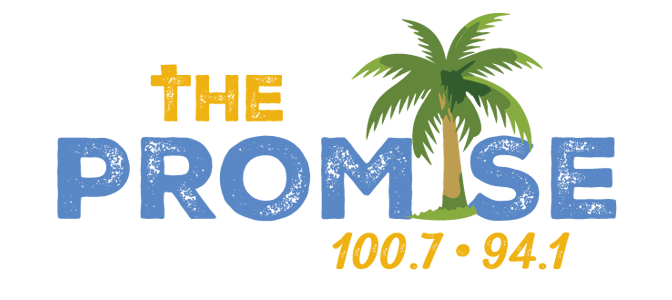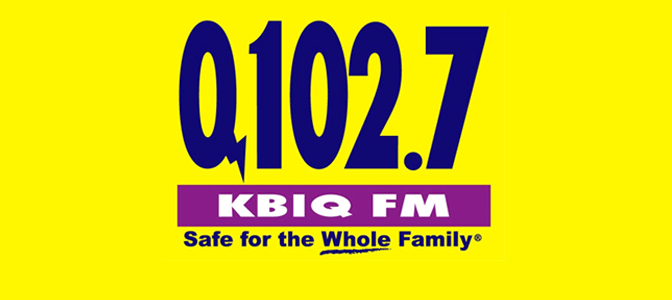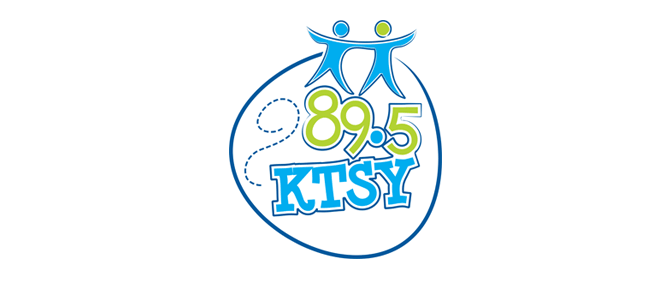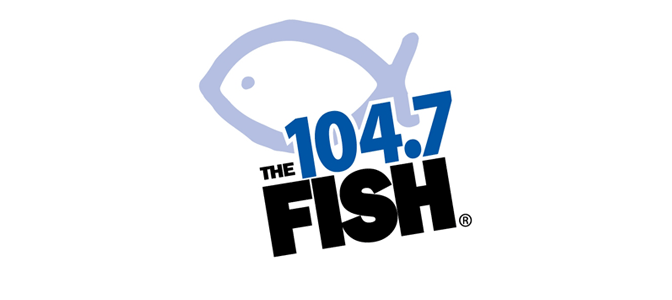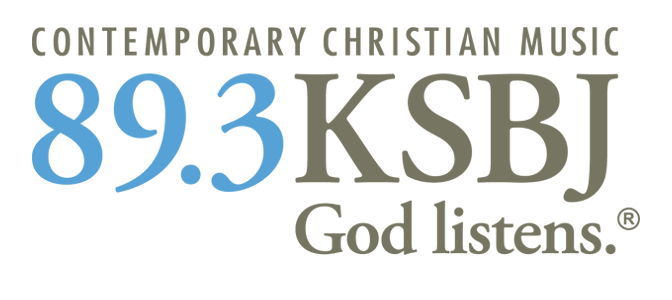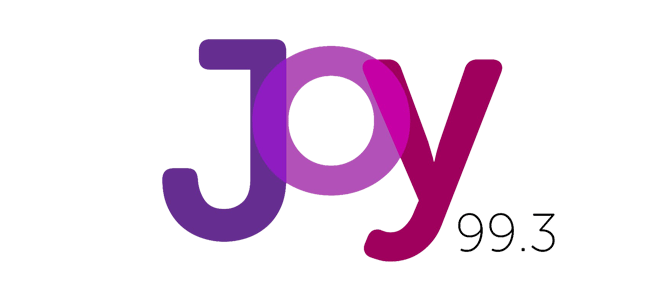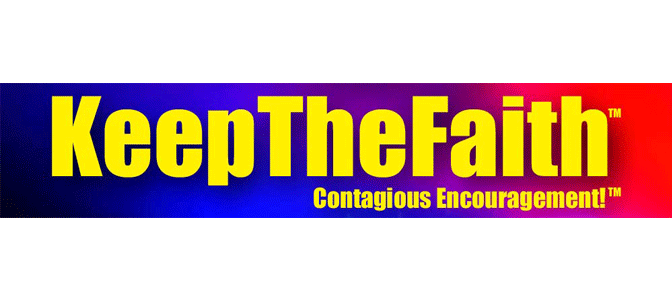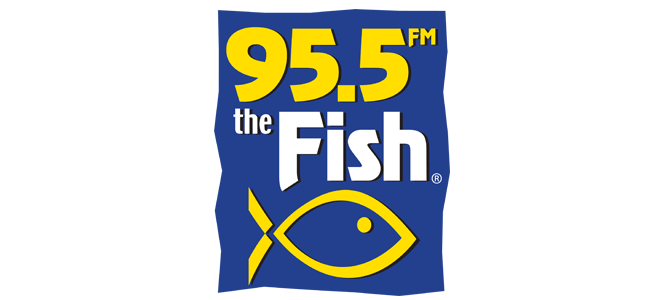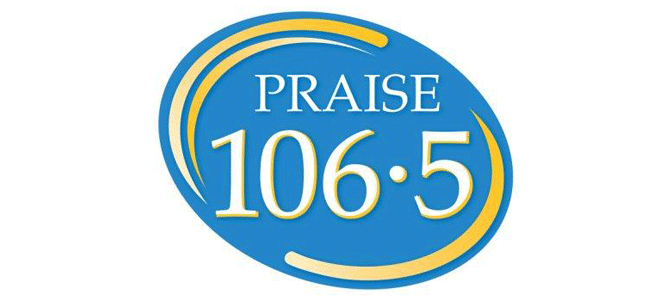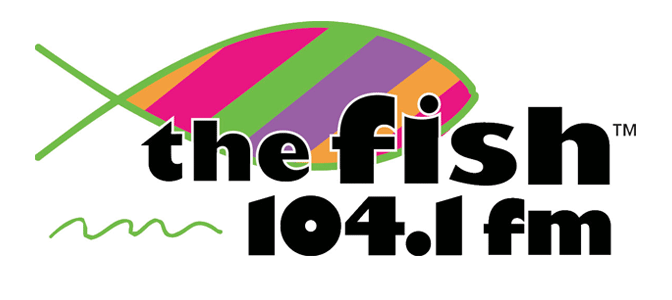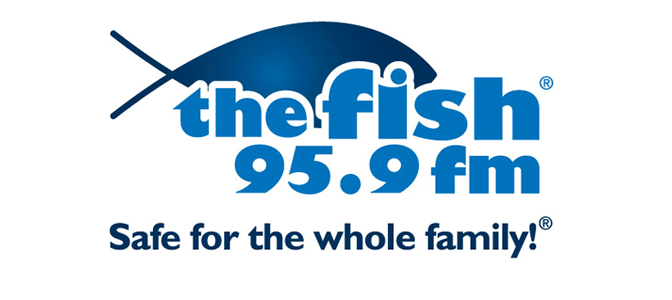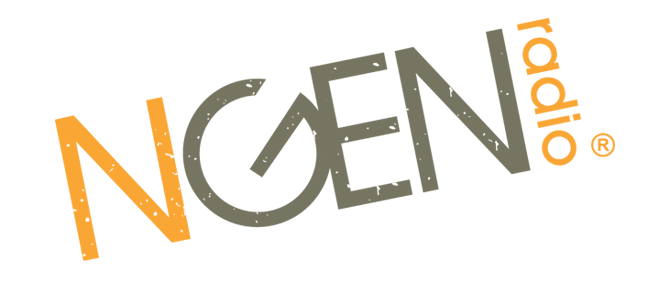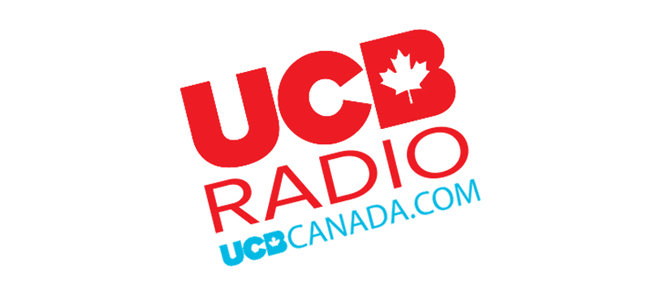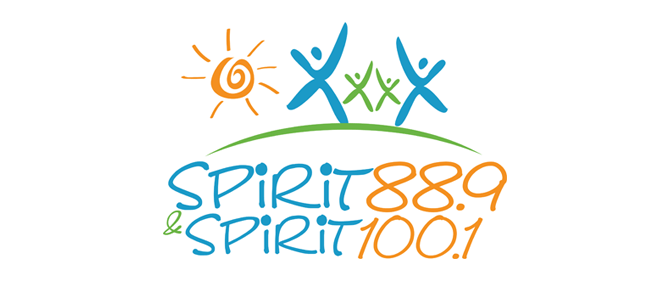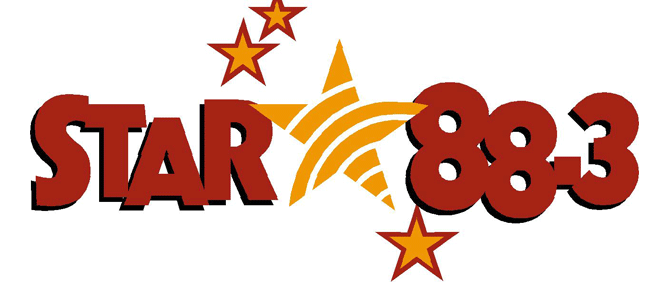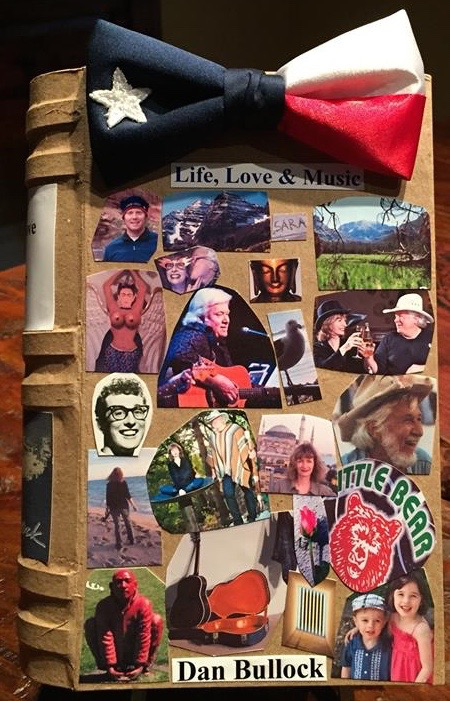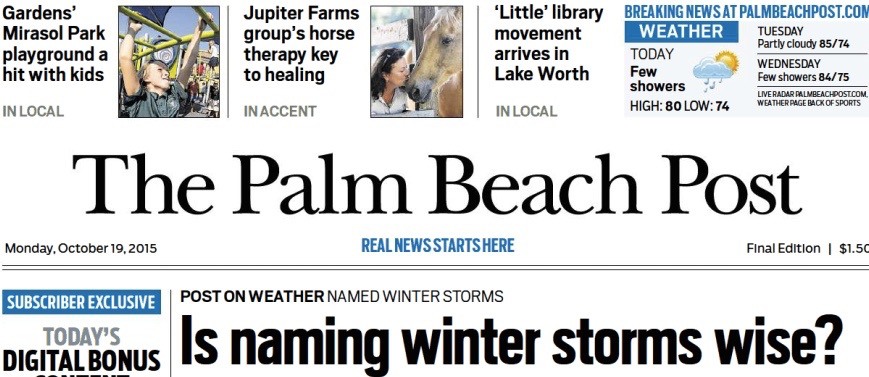“I feel like I’ve known her all my life.”
Those are actual words I overheard a listener say in describing a remarkable air talent. Not that she was a good deejay; not that she really liked the way she did traffic and weather together. Just… that she knew her.
Your station is ultimately about building relationships. (For some, that may be a new idea!)
“We resist being influenced by people we don’t know or don’t trust. We are open to the influence of those whom we trust or whom we perceive have our best interests at heart.” Andy Stanley
There are only three voices that should ever be heard on your radio station.
Friend
Family
Visitor
Unfortunately many radio stations are overrun with voices of strangers. We don’t know who they are, we don’t connect with what they’re saying, and worse, they don’t even sound like someone I’d want to hang around.
“Never underestimate the power of being likable.” Andy Andrews
Here’s a simple little idea that can transform a show. Identify every voice as either friend, family, or visitor.
Friend is someone you like. Family is someone you’re inexorably connected to. Visitor is someone you welcome and help make feel at home.

I work with a guy named Bill whose specific job is to give traffic updates, a mundane task at most stations. But he’s so much more than just a traffic reporter. He’s a friend, relating traffic conditions to the listener’s lifestyle and commute, and he’s been on the air in their hometown for more than 30 years. (By the way, we’ve built things into his traffic reports that only friends would say. That’s called role development).
When you intentionally create a radio station where every listener feels welcome, there are no strangers.
This Frost Advisory inspired by my friends Mike Moran, Mike Blakemore, Ty McFarland, and Bill Ingram.

